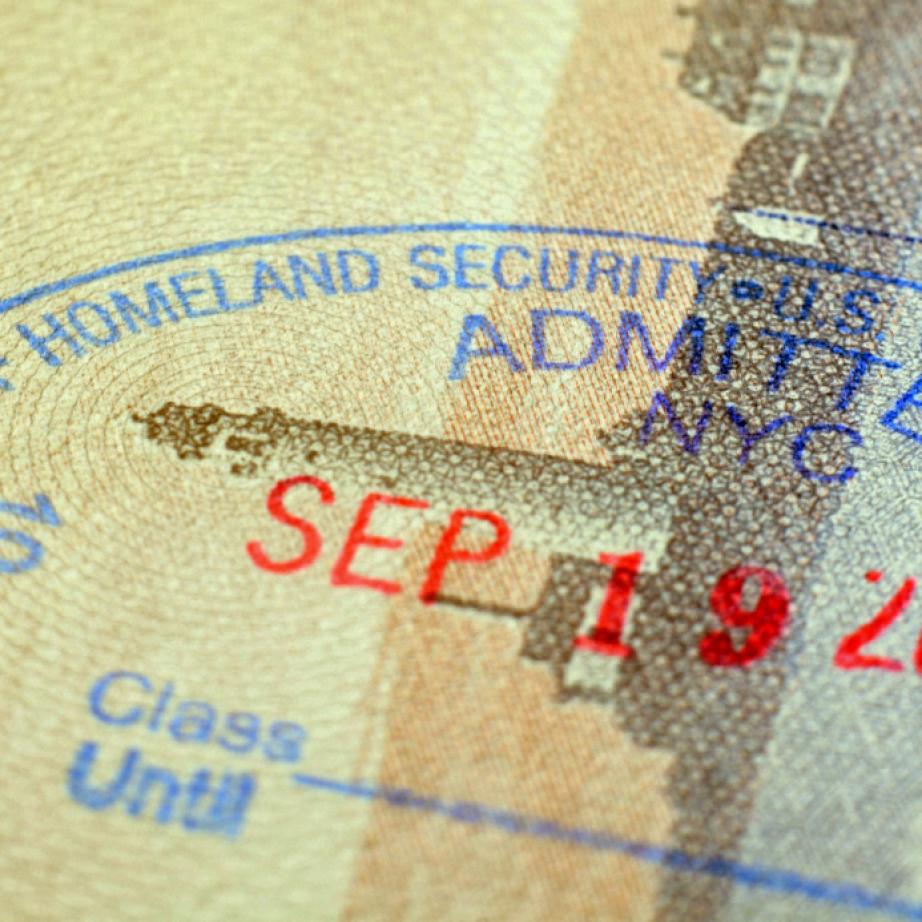Monday, Oct 14, 2013
Focusing on the threats posed by both external and internal terrorism, the actions that states take to counter them, and the domestic consequences of these threats and countermeasures, this new minor will welcome students from all disciplines.
by Kristine A. Brown
Just thirty years ago, the phrase homeland security was essentially unfamiliar to most Americans. But events such as the first bombing of the World Trade Center in 1993, the terrorist attacks of September 11, 2001, and even the Boston Marathon this past year have firmly planted the term homeland security in our vocabulary and in our lives.
All ages contain periods of transition. In some ages, however, change is so drastic that revolution becomes almost a norm. Such periods provide exhilarating opportunities as well as social, economic, religious and political upheavals that can set the stage for frustration and violence. Currently, these conditions are exacerbated by two factors: the alterations in day-to-day life brought on by rapidly-changing technology and the blurring of lines between the domestic and external environment that results.
To provide students with a broad, theoretically-based and multi-disciplined program focused on the consequences of globalization during a time when technology has clouded geographic and social boundaries, Rider University’s Department of Political Science will launch a new minor in Homeland Security beginning in the spring of 2014.
Dr. Jonathan Mendilow, chair of the Department, said, “What makes this program unique is that this does not claim to be a vocational program. Students are not going to learn how to use handcuffs. Rather, they will be invited to think about the threats deriving from dislocations abroad, the manner in which they are ‘imported’ to become relevant to us, how we can better understand what’s on the minds of people engaged in threatening activities, and how we can counter-act them.”
No less important, Mendilow said, “the Homeland Security minor will look at our own reactions and their impact on our way of life. As the Edward Snowden affair and its reverberations have recently illustrated, the attempt to counteract threats impacts our relations with other countries as well as our consideration of civil rights and the role of government within the United States.”
To earn a minor in Homeland Security, students must complete a total of 21 credits from a variety of courses. Examples of classes in the Homeland Security minor are Terrorism Revolution and Political Violence, The Development and Structure of U.S. Intelligence Agencies, Presidential Power and National Security Policy, and Critical Views of Global Security.
Mendilow calls the new program, “the minor for the 21st century.” He added, “Our hope is that students beyond those studying political science will be interested in Homeland Security. This is applicable to students of diverse fields, such as Psychology, Business and even Communications,” he said.
Ultimately, Mendilow would like to create a five-year undergraduate/graduate program in Homeland Security.
For more information on the Homeland Security minor, please email Mendilow at Jmendilow@Rider.edu, call 609-896-5267, or have a look at the minor check sheet outside the department of Political Science, Fine Arts 285.

